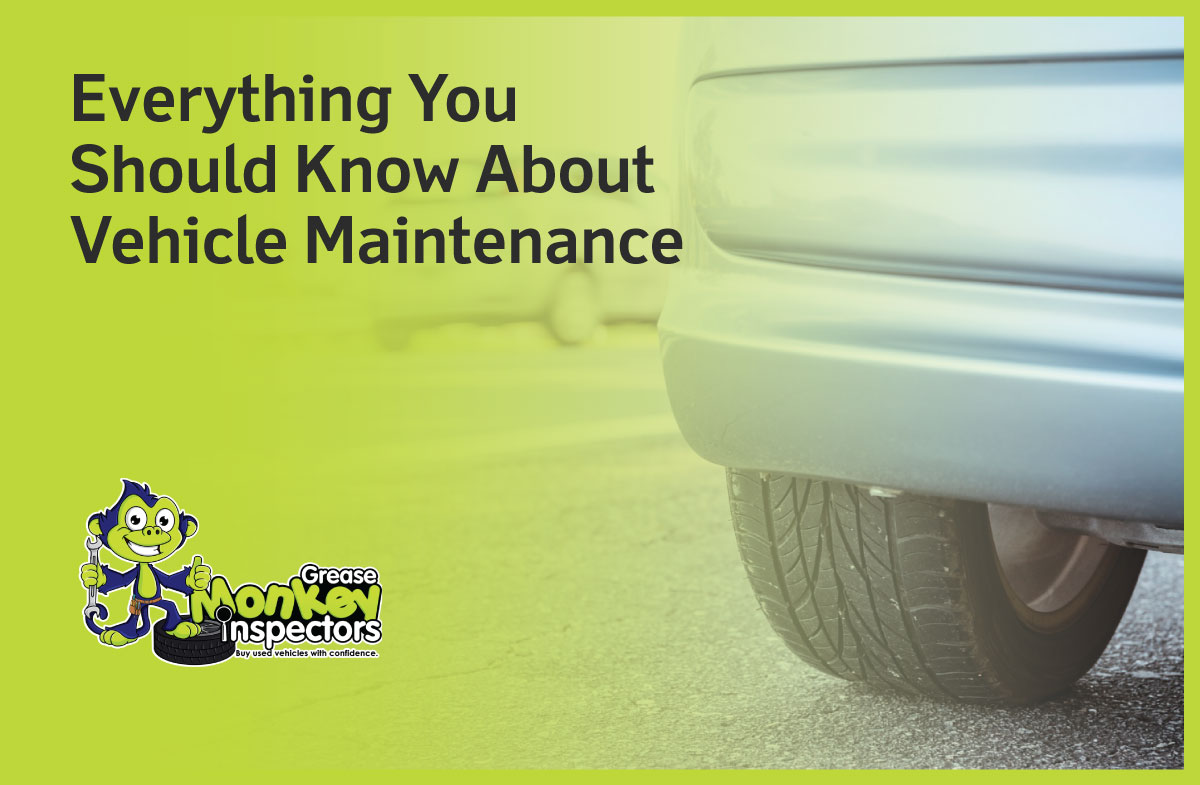In today’s fast-paced world, we rely heavily on our vehicles for transportation, making reliability and longevity paramount. Welcome to our comprehensive guide on vehicle maintenance, where we’ll cover everything you need to know to keep your car running smoothly and safely.
Types of Maintenance Tasks
Understanding the different types of vehicle maintenance tasks is crucial for keeping your car in top condition.
Preventive Maintenance
Perform routine tasks at scheduled intervals to prevent potential problems and maintain optimal performance. Examples include oil changes, tire rotations, and fluid checks.
Corrective Maintenance
Address specific issues or malfunctions that arise unexpectedly. This involves repairs and replacements to restore the vehicle to proper working condition.
Predictive Maintenance
Use data and analytics to predict when maintenance tasks will be needed based on mileage, usage patterns, and wear rates.
Essential Vehicle Maintenance Tasks
Regular maintenance preserves your vehicle’s performance, safety, and longevity. Here are some tasks you can’t skip:
Oil Changes
Regular oil changes lubricate the engine and prevent friction and wear. Follow the manufacturer’s recommendations for oil change intervals based on mileage or time.
Tire Care and Rotation
Check tire pressure regularly and maintain it at the recommended level to ensure even wear and optimal fuel efficiency. Rotate tires regularly to promote uniform wear and extend their lifespan. This practice is crucial for maintaining stability and safety in varying driving conditions.
Brake Maintenance
Inspect brake pads and rotors for wear and tear and replace them as needed to maintain braking performance. Check brake fluid levels and quality regularly, and flush the brake system as recommended by the manufacturer.
Fluid Checks and Changes
Check fluid levels regularly, including coolant, transmission fluid, power steering fluid, and windshield washer fluid. Replace fluids according to the manufacturer’s recommendations or if they appear dirty or contaminated.
Battery Maintenance
Inspect battery terminals for corrosion and clean them if necessary to ensure a secure connection. Test the battery’s voltage and replace it if it shows signs of weakness or is nearing the end of its lifespan.
Air Filter Replacement
Replace the engine air filter regularly to ensure proper airflow and prevent contaminants from entering the engine. Check and replace cabin air filters to maintain air quality inside the vehicle.
Inspections and Tune-Ups
Schedule regular inspections and tune-ups to identify and address potential issues before they escalate. Pay attention to warning signs such as unusual noises, vibrations, or changes in performance and address them promptly.
Creating a Car Service Schedule
A well-structured maintenance schedule is the foundation of effective vehicle maintenance. Establishing a routine and sticking to it ensures all essential maintenance tasks are performed on time, minimizing the risk of unexpected issues and keeping your vehicle in optimal condition.
Refer to the Owner’s Manual
Consult your vehicle’s manual to identify the manufacturer’s recommended maintenance intervals and tasks. The manual will provide guidelines for oil changes, tire rotations, fluid checks, and other routine maintenance procedures.
Consider Your Driving Habits
When creating your maintenance schedule, consider your typical driving conditions, mileage, and usage patterns. Vehicles subjected to heavy use or frequent stop-and-go driving may require more frequent maintenance than those driven primarily on highways.
Use a Calendar or Reminder System
Set up a calendar or reminder system to track upcoming maintenance tasks and schedule them in advance. This can be a physical calendar, a digital calendar app, or a dedicated reminder app on your smartphone.
Prioritize Essential Tasks
Identify the most critical tasks, such as oil changes, tire rotations, and brake inspections, and prioritize them in your schedule. Schedule these tasks at regular intervals to ensure they are performed on time.
Keep Records
Maintain detailed records of all maintenance tasks performed, including the date, mileage, and nature of the service. This will help you track your vehicle’s maintenance history and identify any patterns or trends requiring attention.
Common Car Maintenance Mistakes to Avoid
Vehicle maintenance improves your car’s performance and longevity, but certain mistakes can compromise your efforts and potentially lead to costly repairs or safety hazards. By being aware of these common mistakes, you can proactively avoid them and keep your vehicle in top condition.
Neglecting Regular Maintenance
One of the most common mistakes vehicle owners make is neglecting routine maintenance tasks such as oil changes, tire rotations, and fluid checks. Skipping or delaying maintenance can lead to accelerated wear and tear, reduced performance, and an increased risk of breakdowns.
Ignoring Warning Signs
Unusual noises, dashboard warning lights, or changes in vehicle performance can be a recipe for disaster. These signs often indicate underlying issues that require immediate attention, and ignoring them can result in more extensive damage or safety hazards.
Overlooking Minor Issues
It’s easy to dismiss minor issues such as squeaky brakes, flickering lights, or minor fluid leaks as insignificant. However, if left unaddressed, minor issues can escalate into major problems, leading to more costly repairs down the road.
Skipping Maintenance Tasks to Save Money
Some vehicle owners skip maintenance tasks such as brake repair or delay repairs to save money. While this may seem cost-effective in the short term, skipping maintenance can lead to higher repair costs in the long run. Neglecting your vehicle’s brakes not only increases the risk of a malfunction but can also result in more expensive issues down the line.
Failing to Keep Records
Detailed records of maintenance and repairs track your vehicle’s maintenance history and identify patterns or trends. Failing to keep records can make staying on top of maintenance tasks challenging and may void warranties or affect resale value.
Your vehicle is a significant investment; proper maintenance is essential for protecting that investment and ensuring your safety on the road.
Remember, vehicle maintenance is not just about keeping your car in good condition but protecting yourself and others on the road. Make maintenance a priority, stay proactive, and reap the rewards of a well-maintained vehicle for years. If you require reliable service, contact the team at Greasemonkey Inspectors today. Check out our Inspection Packages for more details.

